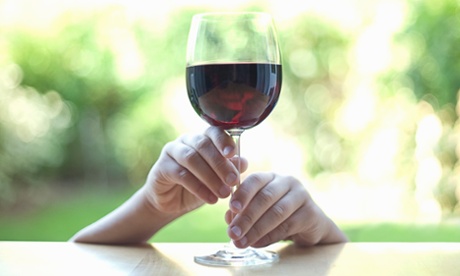
How can you get your children to drink sensibly? Not, said Sir Liam Donaldson, the former chief medical officer for England, by giving them sips of alcohol. In 2009, he said that children should be alcohol-free until 15 years old. “But what about the French?” we asked. Their children often sip wine with their parents from the age of 12. It seems intuitive to introduce alcohol to children safely, in the context of a family meal. So how annoying that there’s no evidence to support this. If anything, research suggests that the earlier children are introduced to alcohol, the more likely they are to get a taste for it and drink heavily as young adults.
This week, a study from the Center for Alcohol and Addiction Studies at Brown University in the US found that children who started sipping alcohol at the age of 11 were four times more likely to binge-drink, or have been drunk during high school, than those who hadn’t tried alcohol at that age. The study surveyed 561 Rhode Island middle school children over three years and found that at the age of 11, about 30% had sipped alcohol, mostly from their parents’ glasses. The authors took into account parents’ drinking, any history of alcoholism and the child’s ratings for risk-taking behaviour. They emphasised that their study did not prove early sipping led to binge drinking, but said that parents who allow sipping of alcohol may send mixed messages.
A Dutch study of 428 families with children between the ages of 13 and 15 found the more children drank at home with parents, the more they drank outside the home, and the more likely they were to report alcohol problems two years later. So should we try to keep our kids alcohol-free until they are 15?
The solution
When France starts getting twitchy about children drinking alcohol, then surely it is time to take note. Bertrand Nalpas, who heads the alcohol and addiction office at the French National Institute of Health and Medical Research, has been quoted as saying that French teens are drinking more heavily – with one in five 17-year-olds drunk at least three times a month.
Social learning theory would suggest that children are influenced by how parents drink, so light drinking with meals should promote low-risk consumption. But there is no evidence that this works. Indeed, some research suggests that parental disapproval reduces alcohol consumption. Children will, of course, be influenced by their peers and by how much their activities are monitored. They are likely to try alcohol. But allowing sips or half a glass at home under the age of 15 doesn’t seem to protect them – and may even have the opposite effect.

